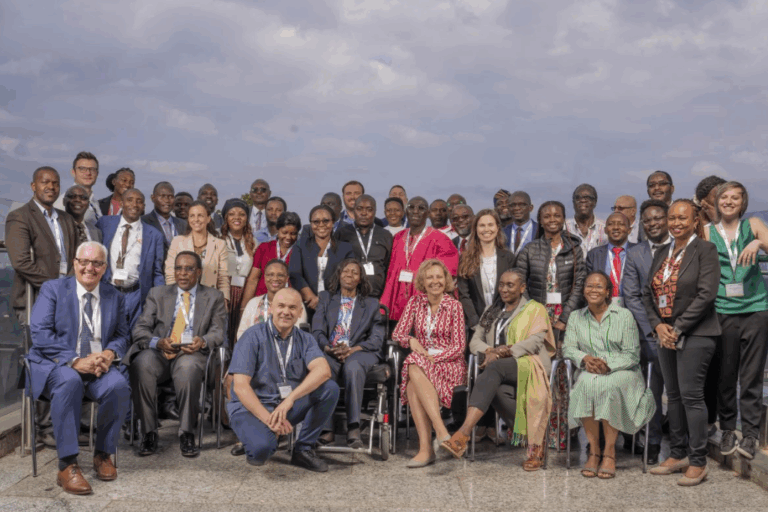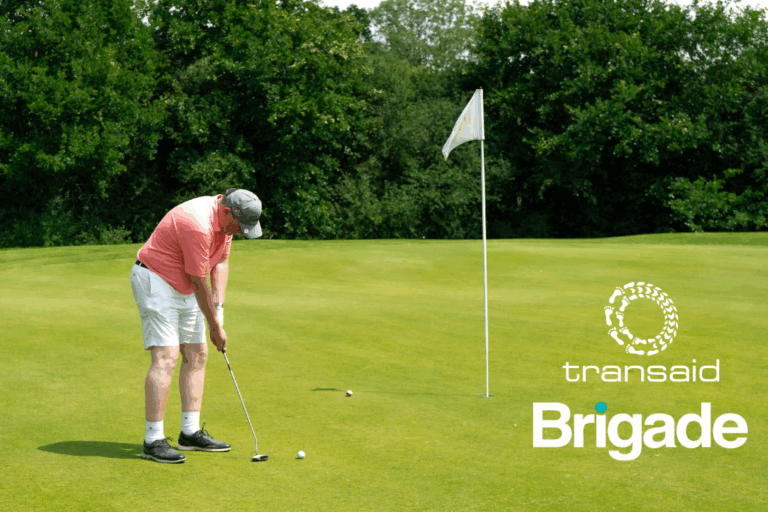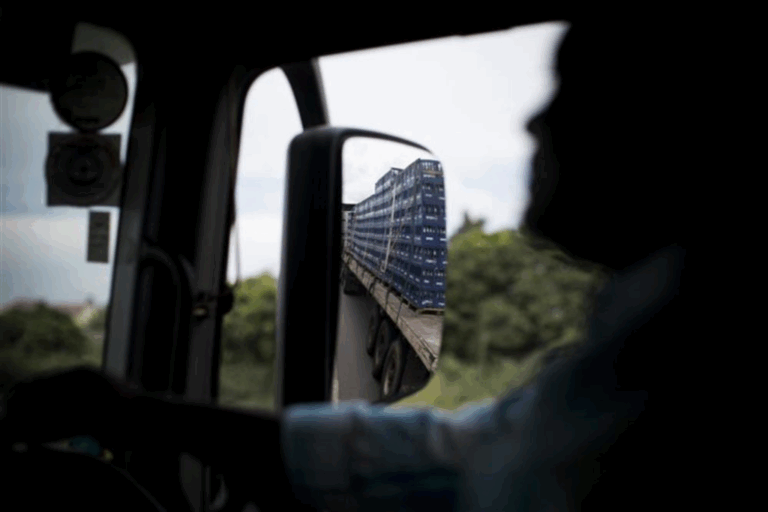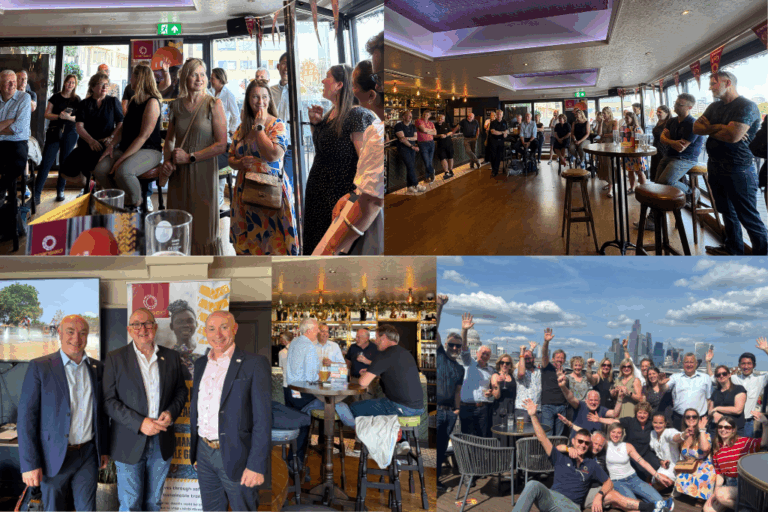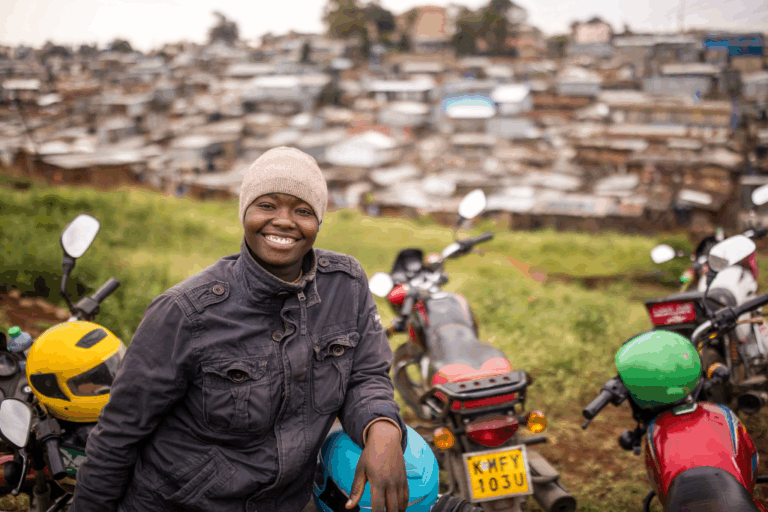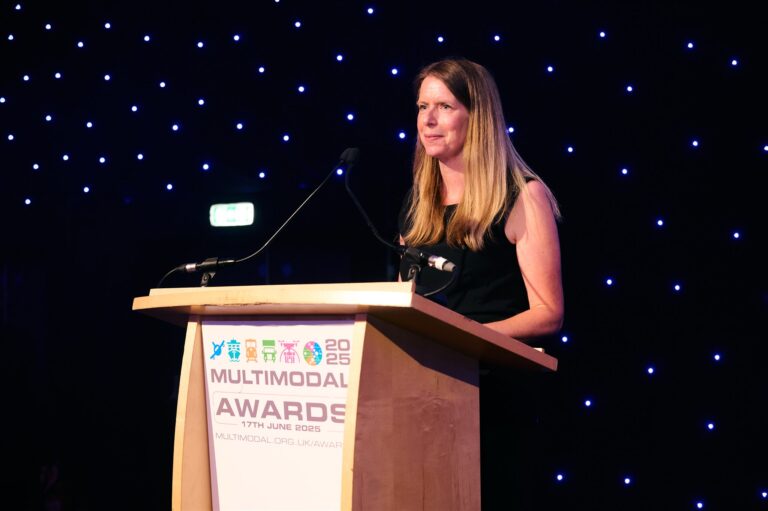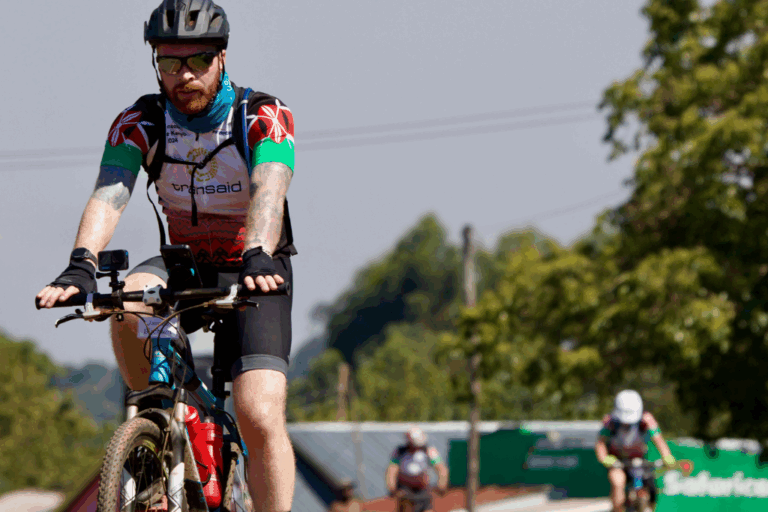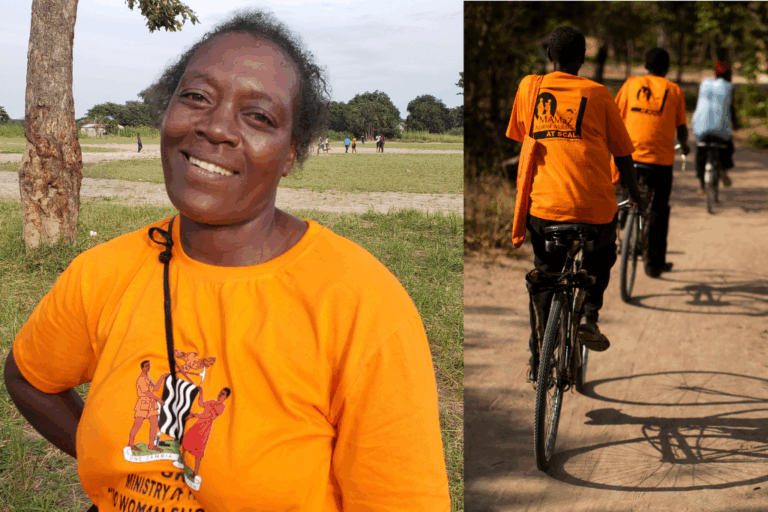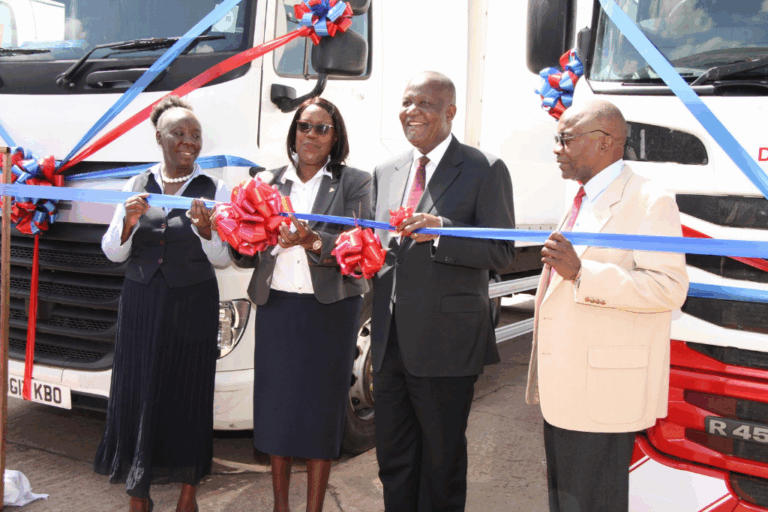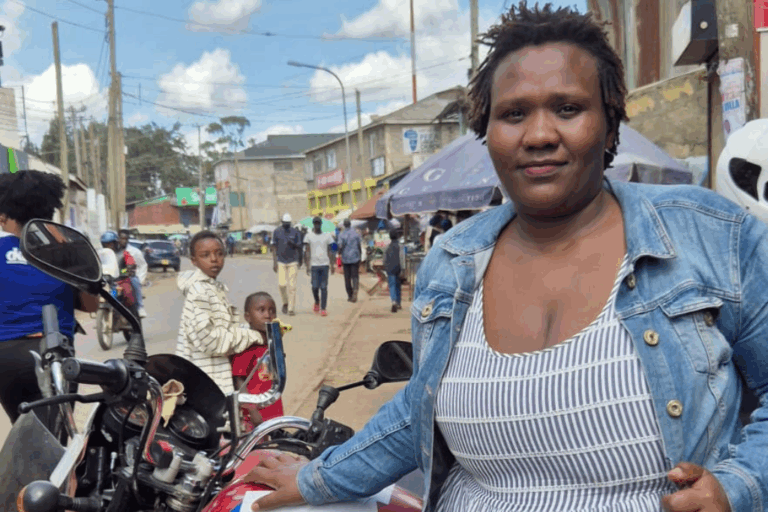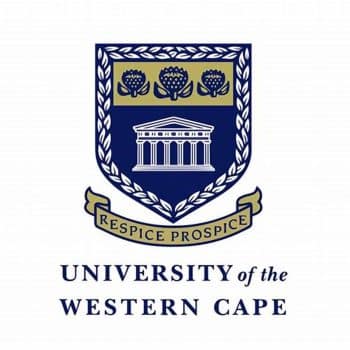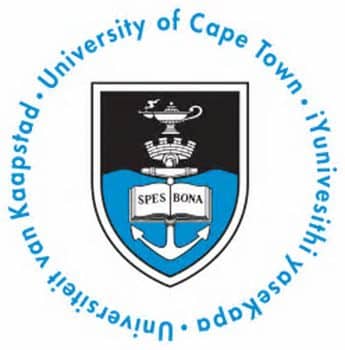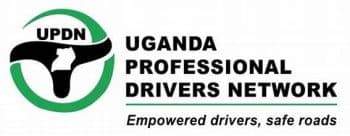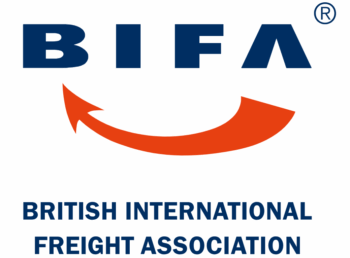
News
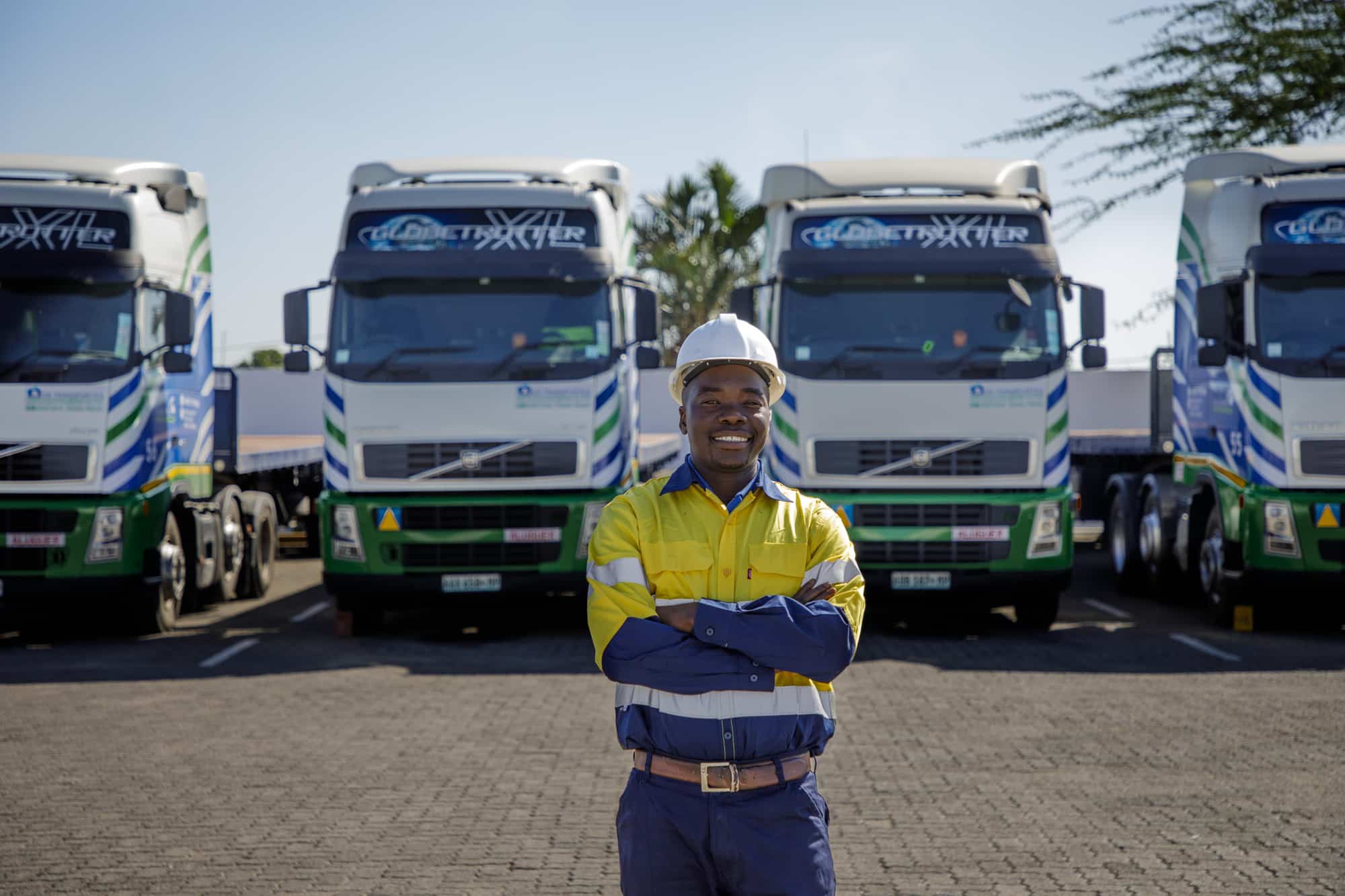
New ‘boda boda’ curriculum

Motorcycle taxis are known in many parts of East Africa as ‘boda bodas’. More than 10,000 registered riders play a vital role in allowing people to access services in Tanzania, such as healthcare and education.
At the same time, 70% of all injuries suffered on rural roads involve a motorcycle and they comprise around a quarter of Tanzania’s road accident deaths. Rising concerns about road safety are leading to a growing focus by the government on regulation.
Transaid was contracted by The Africa Community Access Partnership (AFCAP) to carry out research and develop a training curriculum to improve safety for riders and passengers.
The results of Transaid’s four-month project found that the majority of driver training schools contacted in Tanzania do not offer any motorcycle training. Of the schools that do, training is classroom-based rather than practical, and not specific to carrying passengers.
The needs of passengers, especially those with limited mobility and illnesses, must be considered. Boda Bodas are particularly dangerous for sick or old passengers, as they are often wedged between the driver and a second passenger.
Further findings show that training is only offered as bespoke training, usually on behalf of private companies. There is a lack of regular training offered to the public. Also, driving schools are often located in major urban centres. Due to the lack of enforcement in rural areas, there is little demand for training and licensing and riders have to travel for many miles to urban centres to receive training, which means they miss valuable days of work.
Transaid has used the research findings to develop a new training curriculum, which meets the requirements of the regulatory authorities. This should ensure their support and see it integrated into national policy, becoming national standard, and will help to improve driving standards.
The project, which started in December 2014, included 40 training schools and was contracted by the African Community Access Partnership. The AFCAP is a research programme, funded by UK Aid, with the aim of promoting safe and sustainable rural access for all people in Africa.
The entire review process was supported by key stakeholders, including training schools and regulatory authorities, as well as input from the motorcycle taxi riders. Stakeholders included the Surface and Marine Transport Regulatory Authority (SUMATRA), the traffic police, boda boda associations, boda boda riders, users, owners and training schools, as well as HelpAge International. Transaid also consulted with road safety organisation Amend and the International Forum for Rural Transport and Development (IFRTD) for feedback on the draft curriculum.
To read the case study click here.
Recent Posts

